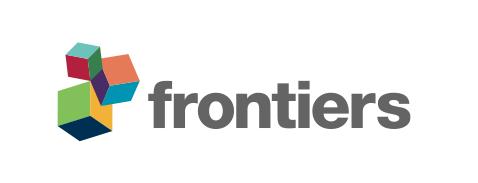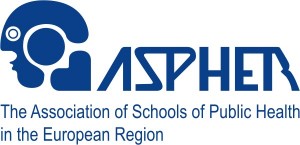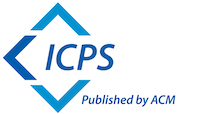Vaccination against Human Papilloma Virus (HPV) was successfully introduced in the Danish childhood vaccination program in 2009 for girls aged 12 with coverage reaching approximately 90%. However, media attention focusing on vaccine safety resulted in a rapid drop in vaccination coverage from 2015. In May 2017, a national campaign “Stop HPV – stop cervical cancer” with aim to regain trust in the official HPV vaccine recommendation and to increase vaccination coverage, was launched. The primary target group of the campaign are mothers in doubt whether to HPV vaccinate their daughter. One of the main elements of the campaign is the social media strategy which includes a Facebook (FB) page “Stop HPV – stop cervical cancer”. New content is made for the page one or twice weekly with a wide range of different post styles used. The FB page is staffed throughout the week and every comment made on the FB page personally answered by the staff. The communication strategy used for the campaign is “heart-brain” with a strategy of communicating “brain” facts about safety and effectiveness of the vaccine while on the other hand telling narrative “heart” stories, such as personal stories of women with cervical cancer.
The strategy is in line with recommendations from World Health Organization (WHO) who acknowledge health communication related to vaccines is not only about telling facts, but also about eliciting emotions, creating trust and ensuring genuine understanding by the target group. Communicating on FB about the Childhood vaccination programme has not been used by the Danish Authorities before and there has been a keen interest to learn from the campaign initiative. To quantify and qualify the interaction on Facebook, engagement rates and sentiment analysis to the different types of FB posts have been evaluated and focus groups used to describe the preferred communication style. Data from the evaluation and the impact of the campaign will be presented at the workshop.










